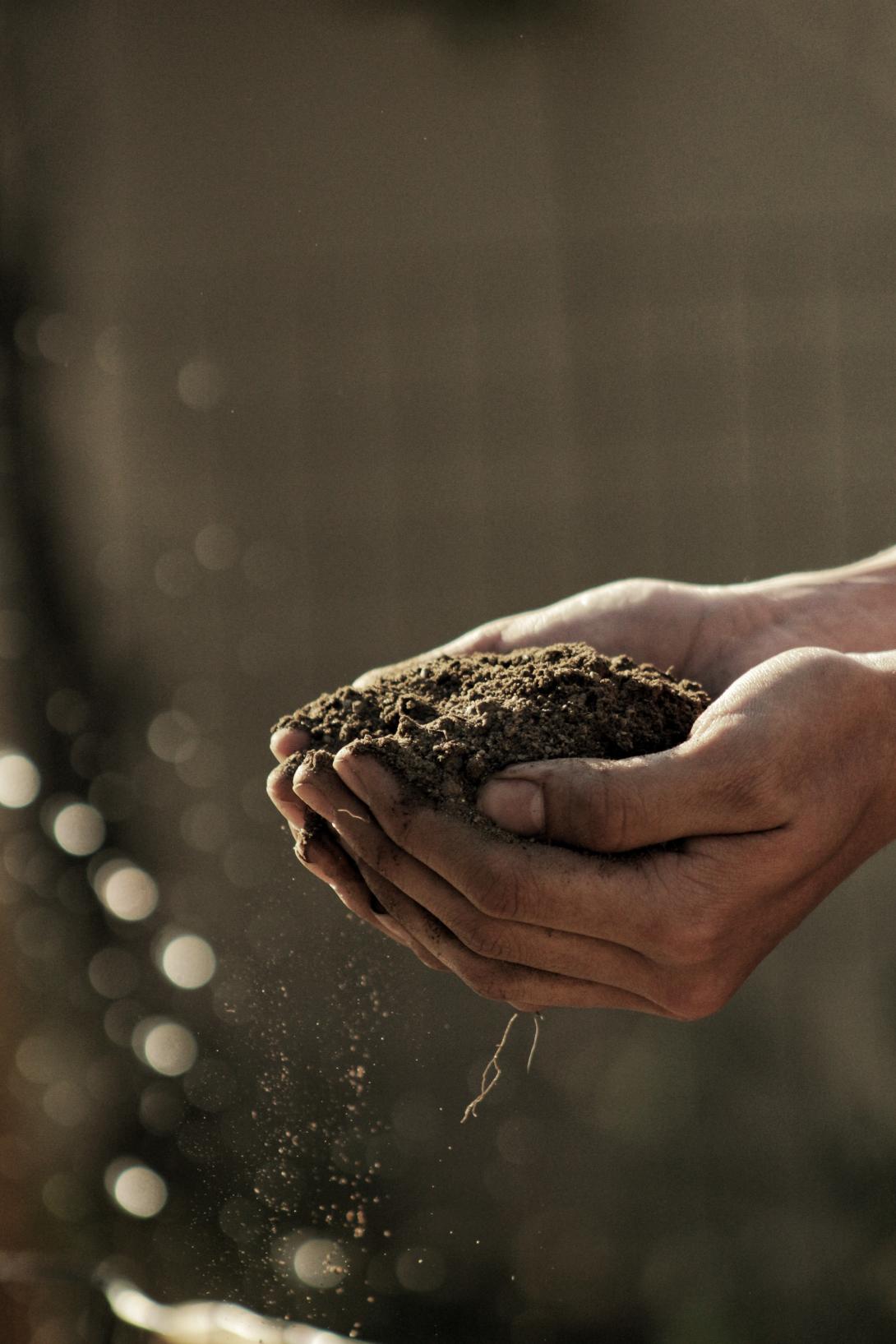What is composting? Composting is the process of recycling organic material (think food scraps, tea bags, coffee grounds, etc.) into a fertile soil additive.
Why compost? Composting reduces the amount of waste going into landfills, creates a natural fertilizer, and reduces methane emissions.
How do I compost at home?
Acquire a compost cart. There are two options for you to consider:
Option 1: Reach out to your landlord or rental company and ask if they will provide a compost cart from the city. They may be able to help with costs associated with purchasing a bin and tell you if your house or apartment complex is on the compost pick-up route.
Option 2: Buy a compost cart directly from the City of Ann Arbor at the Customer Service Center (open weekdays from 7:30 a.m. - 5:30 p.m. at 301 E. Huron St., 734-994-7336) for $25. The cart can be delivered for a fee of $59.
Once you have a cart, you can now start composting! Collect materials in a kitchen composter (a lidded bowl is perfect) and dispose of in the outdoor cart daily or when full. A list of acceptable materials can be found below.
Take your compost cart to the curb during your regular waste pick-up day and repeat every week. Curbside collection begins in early April and runs through December.
Acceptable items to compost:
-
Cooked and raw food scraps
-
Greasy pizza boxes
-
Tea and tea bags (without staple)
-
Coffee grounds and filters
-
Paper towels and napkins
-
Uncoated or compostable (certified BPI/CMA) plates, cups, bowls, or cutlery
-
Dead houseplants, old flowers
-
Leaves, grass clippings, weeds
What NOT to compost:
-
Plastic cutlery and serveware
-
Used tissues
-
Plastic wrap and stickers
-
Sugar and condiment packets
-
Cooking oils and other liquids
-
Receipts
-
Plastic and paperboard
-
Coated paper plates and cups without BPI/CMA certification
Worried about your compost smelling? Simple tips to stem composting odor:
-
Sprinkle baking soda in compost cart and in your kitchen composter.
-
Store compost cart in the shade during warm weather.
-
Empty the contents of kitchen composter into your compost cart frequently.
-
Drain liquid from food scraps before adding them to compost.
-
Wrap extra-smelly food scraps in newspaper before placing in composter/cart or put in the freezer until collection day.
-
Rinse out kitchen composter and compost cart before materials build up.
-
Spray inside of compost cart with a vinegar and water solution.
Where does my compost go?
The compostable materials from your compost cart are taken to WeCare Organics, the City of Ann Arbor Composting Facility. There, the organic materials are recycled into a fertilizer mix that can be used to grow plants. Click here if you are interested in more information about WeCare.
Thank you for your interest in composting!
Contributed by Jocelyn Marchyok, B.S.E. Chemical Engineering

